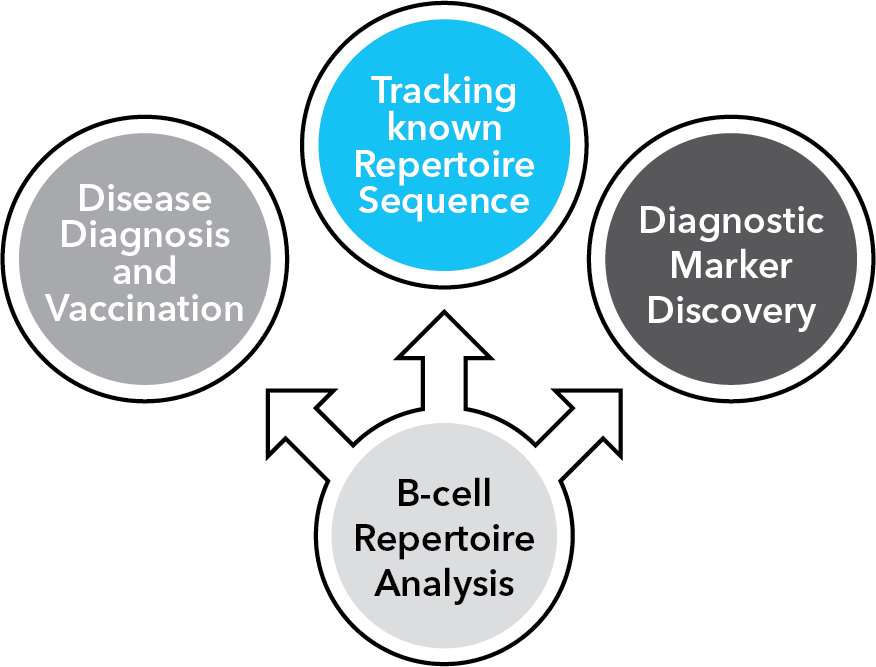Immuno-Oncology Solutions
B-cells or B Lymphocytes are a vital component of the adaptive immune system. They are part of the humoral immunity and are responsible for secreting antibodies. B-cell receptors (BCRs), a membrane bound cell surface receptor bind to a specific antigen to initiate an immune response. BCRs are assembled by genetic rearrangement and somatic recombination of vast immunoglobulin gene segments and are constantly diversified to specifically bind exogenous antigens and endogenous host responses. Therefore, it becomes crucial to understand the role of BCRs in immune response regulation both in physiological and pathological conditions. B-cell dysregulation can lead to various diseases specifically:
| Cancer | Auto-immune Diseases | Graft-versus-host diseases |
|---|---|---|
|
| Many studies have indicated the activation of B cell signaling pathways is evident in chronic graft-versus-host disease (cGVHD). |
It is estimated that there are approximately 1010–1011 B cells in a human adult. A BCR is composed of two identical heavy chains (generated by recombination of V, D and J segments), and two identical light chains (generated by recombination of V and J segments). Human BCR undergo recombination at variable region of three gene segments of the immunoglobulin heavy chain locus (V, D, J) and two gene segments of immunoglobulin light chain locus (V, J).
Next-generation BCR sequencing can provide deeper insights into various dimensions such as B-cell differentiation, BCR somatic hypermutation, class switching, and antigen specificity.
Major Applications of BCR Repertoire Profiling 
Highlights of our services are:
End-to-End Complete Service – BCR Workflow

BCR Library Prep, Sequencing, and Analysis Service Offerings
| Source | Library Prep Options | Analysis Offering |
|---|---|---|
|
| Standard Analysis
|
In addition to the BCR Seq services, MedGenome Inc. will also support the development of new diagnostic experimental design and advanced bioinformatics analysis.
